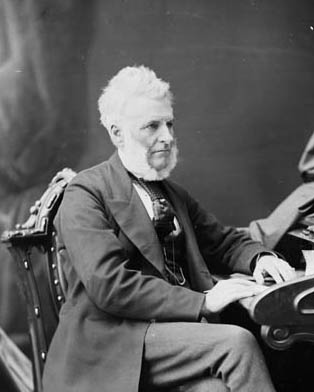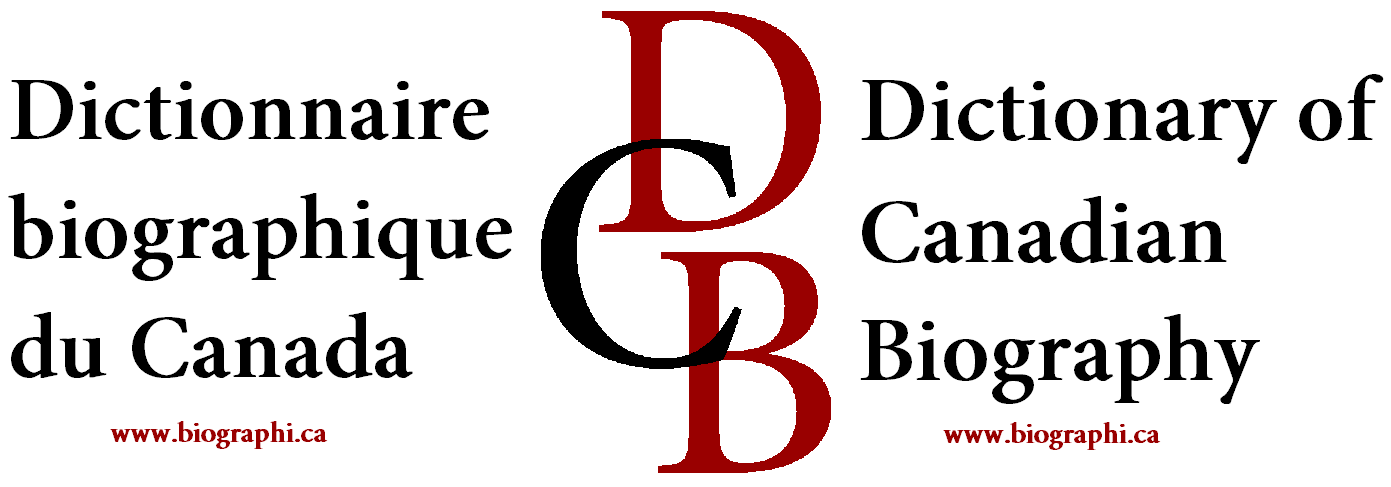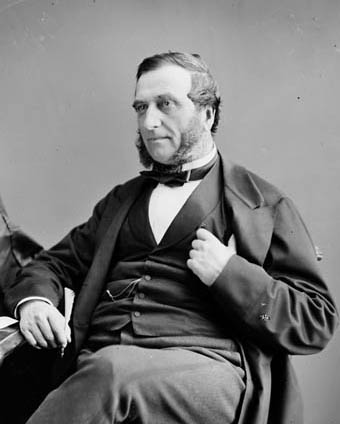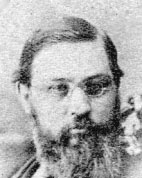

Canada. House of Commons Debates, 1870. Edited by P.B. Waite. Ottawa: Queen's Printer, 1979. Original scans accessible at: http://parl.canadiana.ca/.
.
Selection of input documents and completion of metadata: Gordon Lyall.

 Cet individu a participé aux :
Cet individu a participé aux :
Nombre de fois que cette personne apparaît dans les documents: 28

 Cet individu a participé aux :
Cet individu a participé aux :
Nombre de fois que cette personne apparaît dans les documents: 84
Nombre de fois que cette personne apparaît dans les documents: 5

 Cet individu a participé aux :
Cet individu a participé aux :
Nombre de fois que cette personne apparaît dans les documents: 13